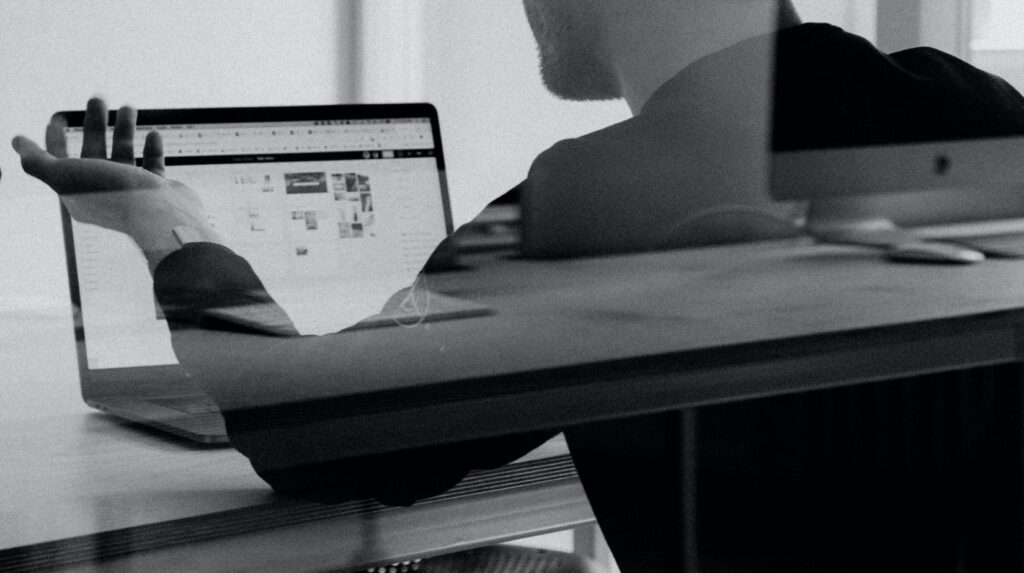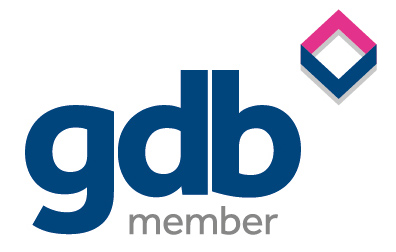Harvey John
Unit 2 Ferry Wharf
Hove Enterprise Centre
Basin Road North
Portslade, East Sussex
BN41 1BD
When the shutters came down for the first lockdown last March, the focus was on survival, with many people relying on the furlough scheme to remain in employment.
But as things began to settle down, hiring slowly returned.
Now vibrancy has returned to the recruitment sector. I have certainly seen increased demand for Finance Analysts and Management Accountants. Meanwhile, the latest Labour Market Outlook from the CIPD has revealed that more than half (56%) of employers are planning to recruit in Q1 2021.
With recruitment back in favour, successful candidates have been faced with the challenge of starting a new job whilst in lockdown. How have they coped?
Starting a new job via Zoom
Starting a new job is a daunting prospect at the best of times, but being removed from the workplace makes it an almost surreal experience.
The strangeness of the situation is perfectly described by Jessica Doyle who joined The Irish Times digital team during the first lockdown: “The funny thing about starting a new job remotely during the coronavirus pandemic is that all the usual social rigmarole of the occasion goes out the window.”
“Everything you learn about making a good first impression – give a firm handshake, introduce yourself to everyone, make eye contact – means nothing as you’re reduced to a disembodied head on a screen.”
While the connectivity provided by Zoom and Microsoft Teams has been an essential component of working from home, nothing replaces human interaction when you are trying to integrate into a new environment.
During the first lockdown, the nation adopted the Zoom craze with plenty of enthusiasm, with company quiz nights and virtual drinks becoming the norm. As time has gone on, Zoom fatigue has taken over, and online socialising has become rarer. It has arguably become more difficult to make connections in the third lockdown.
During your first day at an office, you will be bombarded with information and meet far too many people at once, but you usually get a bit of time at your desk where you can chat with your neighbour or someone might invite you to join them at lunchtime.
You lose such opportunities when joining remotely. The biggest challenge for newcomers is to gain a sense of belonging without the impromptu conversations, which are so important in human interaction – the so-called water cooler moments.
When faced with a screen full of strangers, it is hard to build personal relationships. Virtual conversations can become transactional or stilted. In bigger groups, the louder and more extroverted characters tend to dominate the conversation.
The one saving grace of Zoom is that, at least, you can see everyone’s names at the bottom of their screens, which avoids the embarrassment of forgetting your new colleagues’ names!
It is understandable to feel a bit of an outsider without physically meeting colleagues. You might assume that everyone knows each other well (often incorrectly) and that you are on the edges. An office or workplace is a social environment. Taking the social aspect away can engender feelings of loneliness and isolation.
Add to this the nagging worry about whether you are making a good impression. Away from an environment of instant feedback, how can know how you are doing?
Professor Nicholas Bloom at Stanford University notes how new hires struggle with unspoken rules – from how many hours people really work to when to take a break and what to wear. He also raises the issue of over-communication, where a new hire will endlessly send unnecessary emails and Slack messages just to highlight the fact that they’re still there.
The importance of onboarding
As it is so much more difficult for new employees to integrate, it is incumbent on the manager or business owner to implement an effective onboarding process. Extra thought needs to go into acclimatising a new starter with the company ethos and ways of working, as well as the specific requirement of the job role.
Global management consulting firm, The Boston Consulting Group, calculates that companies that have effective onboarding processes in place achieve 2.5 times more revenue growth and 1.9 times the profit margin compared to organisations with poor onboarding strategies.
Employee onboarding is a series of activities that allow new hires to get to know their team and learn about the company’s attitudes, methods, rituals, and tools. For an employee, it is an opportunity to get used to a new environment.
Onboarding can consist of formal training, workshops and video calls, as well as shadowing people on the team and organised introductions. It can be a long, immersive process that lasts several months after the initial orientation session.
While a line manager may be the direct source of onboarding, the process should include meeting colleagues, by arranging video calls or assigning a ‘buddy’ to the new hire to provide vital support in those initial months.
Not everyone will receive a proper onboarding. A new starter should expect a proper and friendly introduction to the new company, but sometimes the new employee may need to reach out for help. In such a case, it is certainly worth asking a manager for introductions with other team members.
You should never be left alone to your own devices when starting out in a new role. If you are, then perhaps this isn’t the firm that deserves your services.
The big return
You’ve gone through the induction, got to know a few people online and developed a sustainable routine – and now it’s about to change all over again.
If all goes well, virtually all restrictions will come to an end by the 21st of June, and the big work-from-home experiment will come to an end. Although many people will continue to work from home, most will return to the office or workforce in some capacity. It may come as quite a shock.
While some people are counting down the days to freedom, others will be looking at the return with trepidation. We have become quite reclusive during the lockdowns and the social skills we used to take for granted can quickly become rusty.
Kelly Feehan, services director at the wellbeing charity CABA, says,
“Returning to the workplace after such a long period of time working from home will be tough for the majority of us. But for the people who started a new job during lockdown, and the working from home period that followed, it’s bound to be an even more daunting experience.”
In many ways, it will be like going through that awkward first day all over again. The only consolation is that everyone will be in the same boat. Feehan says,
“It’s hard to get a true sense of an organisation’s workplace culture when you’re working remotely, so you’ll want to spend some time reading the room and observing the different dynamics between your team members.”
The good news is that we pick up new habits and routines very quickly. Although we have become used to our own company, we are social animals by nature. It’s nearly time to rejoin the human race!
–
David Waddell is the Managing Director at Harvey John.
Check out our latest accountancy and finance jobs.
Author

Alongside his commercial responsibilities, David focusses on qualified accountancy recruitment working with an extensive network across accountancy firms as well as commercial businesses on either an interim or permanent basis.
Clients range from boutique practices as well as leading regional and national accountancy firms to SME's, multinational organisations and PE backed businesses experiencing high growth.







